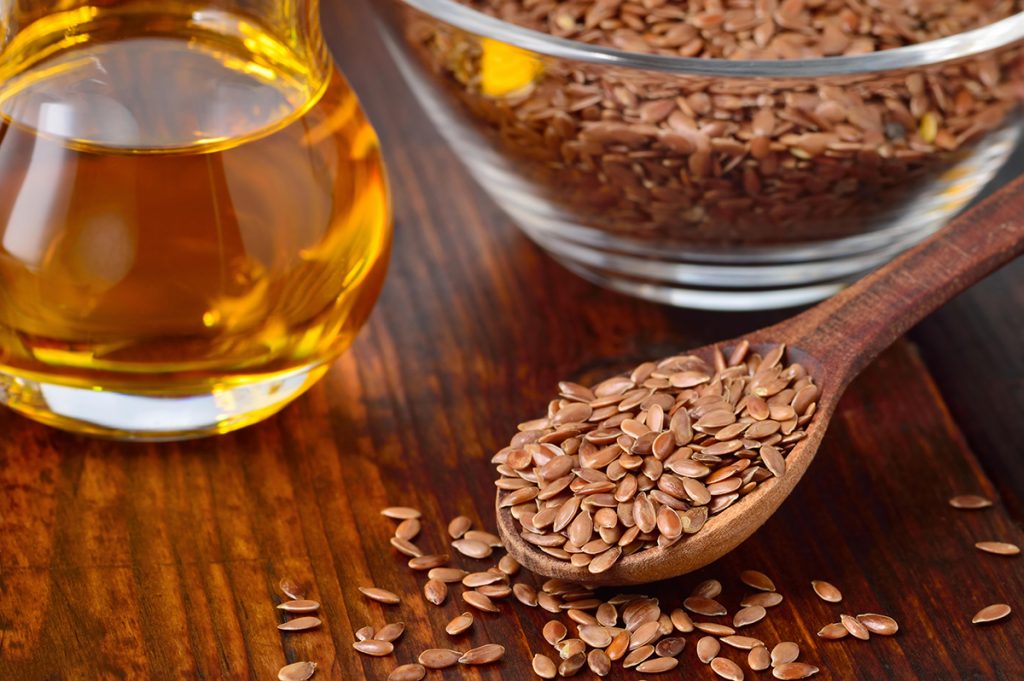Tips to Add Flax to Your Diet

Flax is an oilseed similar to canola and sunflower being oilseeds. Flaxseeds are derived from flax.
Benefits of Adding Flax to Your Diet
There are many benefits associated with adding flax to your diet, which are derived from a different part of the flaxseed. You have the heart-healthy fat content, the fiber, and the lignan.
Lignan’s are a class plant compounds called phytoestrogens that act as antioxidants.
Some of the health benefits that may be associated with flax include:
Continue reading
New Warnings Added to Statin Drug Label by the FDA
 Do you take statin medication to keep your cholesterol levels within normal?
Do you take statin medication to keep your cholesterol levels within normal?
A warning label is being added to statin medications, including Lipitor, Crestor, and Zocor. The warning is to make users aware that the medication may raise blood sugar levels and cause memory loss.
Statins are frequently prescribed by doctors because studies have shown the effectiveness of the drug to reduce the risk of heart attack and heart disease. However, it’s important that patients and doctors are well aware of the negative side effects linked to the medication.
In addition to elevated blood sugar and memory loss, some of the potential side effects of statin medications include:
Continue reading
C-Reactive Protein Good Heart Attack Predictor
 For quite awhile now, I’ve been encouraging you to look at more than just your standard cholesterol panel to assess your risk for heart disease. I’m going to share the findings of an expert panel that supports this need.
For quite awhile now, I’ve been encouraging you to look at more than just your standard cholesterol panel to assess your risk for heart disease. I’m going to share the findings of an expert panel that supports this need.
In the Journal of Clinical Lipidology a panel of specialists concluded that patients considered at intermediate risk for heart disease be tested for C-reactive protein. It’s likely this applies to a majority of the U.S. population since overweight and obesity is rampant. Family history, diet, exercise, and tobacco use also factor into determining if you are at intermediate risk.
Just evaluating total cholesterol, LDL cholesterol, and HDL cholesterol does not work well for predicting heart attack and stroke risk, especially for patients with metabolic syndrome or diabetes. It’s even more difficult to evaluate risk if a patient is using cholesterol lowering statin medications.
C-Reactive Protein
C-Reactive protein is a marker for inflammation and is associated with plaque build up in blood vessel walls. The plaque build up in coronary arteries leads to narrow arteries, which can cause chest pain. If these arteries rupture you are dealing with a heart attack or stroke.
Should the government regulate choices that impact our health?
 I was just reviewing the results of a The Harris Poll. The Harris Poll is administered by Harris Interactive. Harris Interactive is a leading custom market research firm that works with a variety of industries, including health care, technology, public affairs, energy, and telecommunications.
I was just reviewing the results of a The Harris Poll. The Harris Poll is administered by Harris Interactive. Harris Interactive is a leading custom market research firm that works with a variety of industries, including health care, technology, public affairs, energy, and telecommunications.
The poll I reviewed is focused on how American’s feel about legislation to regulate healthy living, such as taxes of sugar sweetened beverages or the banning of smoking in restaurants.
This particular Harris Poll included 2,211 United States adults over the age of 18-years-old. The poll was conducted between February 27-29, 2012.
I’m curious to know if you agree with the majority. Here are some of the findings:
Continue reading
Weight Loss Pills: Do they work?
 I’ve been asked many times about the safety of taking a weight loss supplement (i.e. diet pill) when living with high blood pressure or taking blood pressure medication.
I’ve been asked many times about the safety of taking a weight loss supplement (i.e. diet pill) when living with high blood pressure or taking blood pressure medication.
My answer doesn’t vary:
“I do not recommend diet pills – whether you have high blood pressure or not.
Many weight loss supplements contain “undeclared pharmaceutical ingredients”, frequently in levels exceeding FDA recommendations. These ingredients include drugs not approved in the U.S. These substances impact blood pressure and anti-seizure medications, diuretics, along with drugs linked to suicide, depression, and cancer.”
Not only can weight loss supplements lead to negative health consequences, they don’t typically work.
Continue reading
Are You Eating Enough Potassium?

If you have high blood pressure, one of the most important nutrients to increase in your diet is potassium.
If you’ve looked into the DASH diet (Dietary Approaches to Stop Hypertension) you’ll see that it is extremely high in fruits and vegetables. This is partly due to fruits and vegetables being rich sources of potassium . . . among other beneficial nutrients.
It’s recommended by the Institute of Medicine that adults consume 4700 milligrams (mg) of potassium daily. However, the average adult intake is typically around 2300 mg.
Here are the fruits and vegetables that are the best sources potassium:



